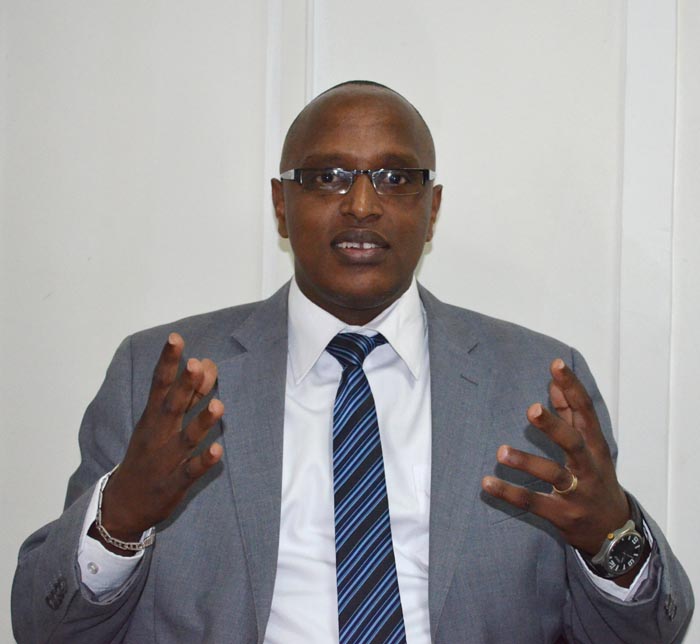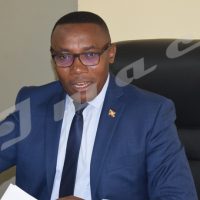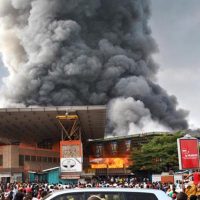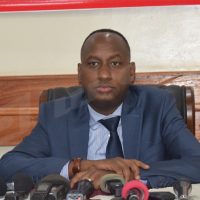During the International Criminal Court (ICC) Assembly of States Parties, held in New York from 8 to 17 December 2014, Kenya, Uganda and Tanzania strongly criticized the ICC while over a dozen African countries expressed their support.-By Lorraine Josiane Manishatse

Niyonzima, Expert in International Law and the first Burundian trainee at the International Criminal Court ©Iwacu
The ICC Assembly is held annually. It is composed of representatives from states which have ratified and acceded to the Rome Statute. Each State Party is represented by a government official, and by a member of civil society.
At this year session, representatives from over a dozen African countries expressed their strong support for the court’s work. The President of the Central African Republic, Catherine Samba-Panza, affirmed the court’s role as a crucial tool in the fight against impunity, and said that the court was essential in delivering justice for victims of serious international crimes.
However representatives of Kenya, Uganda and Tanzania criticized the work of the ICC. In particular, they suggested that the ICC should cease to prosecute acting presidents, as in the recent case of Kenya’s President, Uhuru Kenyatta. This is not the first time this trio of countries have criticized the ICC. At the recent Kenyan Independence Day celebrations, held in early December, the Ugandan President, Museveni advised that he plans to urge African countries to leave the International Criminal Court during the next African Union Meeting so they are able to manage their own countries.
He stated “The ICC destabilizes African countries; we requested the general prosecutor wait for Kenyatta and Ruto to finish their mandates prior to putting them on trial, but this request was rejected. However, now, all charges have been dropped.”
The position of Civil Society organizations
Armel Niyongere, the Chairman of the Christian Action for the Abolition of Torture in Burundi attended the assembly. In his opinion, the arguments raised by Ugandan’s President are not founded. He pointed out that Africans form a considerable percentage of the ICC community, with four judges and the prosecutor. An African was even elected to be President this year, he stated, referring to Justice Minister Sidiki Kaba of Senegal.
Niyongere noted that non-governmental groups from Burundi, Central African Republic, Côte d’Ivoire, Democratic Republic of Congo, Kenya, Malawi, Nigeria, Senegal, Sierra Leone, South Africa, Sudan, Uganda, and Zambia were present for the session.
In advance of the meeting, international organizations with a presence in Africa, for example the Coalition for the ICC, International Federation for Human Rights, and Human Rights Watch issued recommendations to African ICC countries regarding their involvement. “Justice – and not immunity – when serious crimes are committed is central to democratic societies. We have asked our leaders to remain true to the ICC’s Rome Statute and other instruments they ascribe to.” stated Niyongere.
According to Gustave Niyonzima, an expert in International Law and the first Burundian trainee at the International Criminal Court, the declaration from the Kenyan, Ugandan and Tanzanian representatives are surprising. He points out that Article 27 of the ICC Statute stipulates that “an acting president can be prosecuted or charged by the International Criminal Court”. He denies that African leaders are currently targeted by the ICC, and predicts that Americans, Europeans and Asians will appear at the court soon.



















 IWACU Open Data
IWACU Open Data

